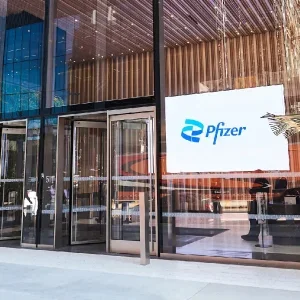US-based AbbVie and biotechnology company Umoja Biopharma have entered into two exclusive option and license agreements to develop multiple in-situ generated chimeric antigen receptor (CAR)-T cell therapies in oncology.
The partnership intends to combine Umoja’s proprietary VivoVec gene delivery platform with AbbVie’s expertise in oncology.
The platform combines third-generation lentiviral vector gene delivery with T-cell targeting and activation surface complex. This allows T cells within the body to produce their own cancer-attacking CAR-T cells in vivo.
Under the terms of the first agreement, AbbVie has an exclusive option to license Umoja’s CD19-directed in-situ generated CAR-T cell therapy candidates.
This includes the biotechnology firm’s flagship clinical programme for haematologic malignancies, UB-VV111, which is presently in the Investigational New Drug (IND)-enabling phase.
The second agreement states that both firms will work together to develop up to four more in-situ produced CAR-T cell therapy candidates for AbbVie-selected discovery targets.
AbbVie discovery research vice president and global head Jonathon Sedgwick said: “As we continue to strengthen our oncology portfolio, we believe that in-situ CAR-T cell therapy represents a paradigm shift utilising genetic medicine concepts.
“We look forward to working with Umoja’s team to advance next-generation in-situ CAR-T therapies, and potentially expand the patient populations and indications benefitting from conventional CAR-T approaches.”
The American pharmaceutical company gave Umoja upfront cash and an equity investment as per the terms of the two agreements.
Umoja may also be eligible to receive up to $1.44bn in total for option exercise fees, development, and regulatory milestones for the two combined agreements.
In addition, the biotechnology company may be eligible to receive additional sales-based milestones and tiered royalties on global net sales.
Umoja co-founder and CEO Andrew Scharenberg said: “By bringing together AbbVie’s like-minded pursuit of addressing patient unmet needs with our investments in vector biology and fully-owned commercial-scale manufacturing, we look forward to progressing multiple VivoVec drug candidates into the clinic in the coming years.”






